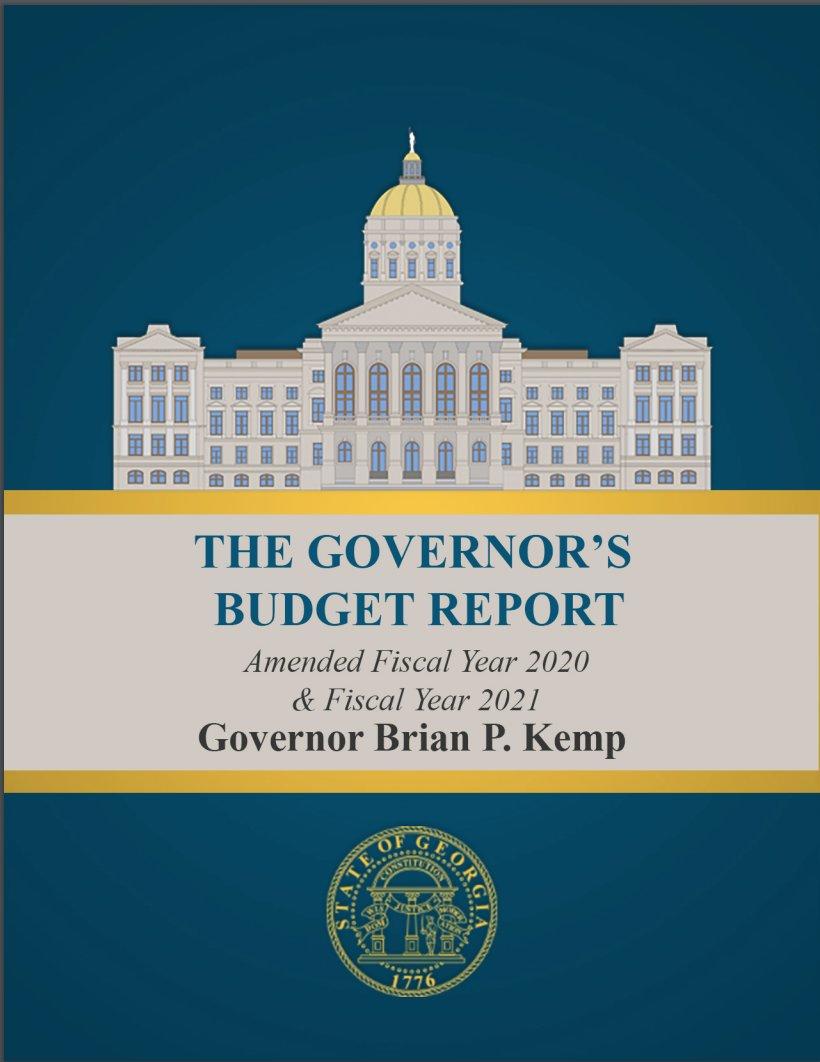Section Branding
Header Content
Kemp Proposes Record $28.1 Billion State Budget As Some Agencies Face Cuts
Primary Content
Gov. Brian Kemp’s latest budget proposal would increase state spending to $28.1 billion for the next fiscal year, largely driven by increases in formula-based funding for education and health care plus a pay raise for public school teachers.
The proposal comes as many other state agencies have been asked to cut back.
The governor’s budget report released Thursday kicks off the next phase of budget discussions at the state Capitol, where lawmakers have been greeted with the news of tepid tax collections as the larger economy continues to grow.
The amended budget proposal for fiscal year 2020, which ends June 30, has been revised down slightly from $27.5 billion to $27.4 billion as the governor’s office projects only a slight growth in the amount of money collected from taxes and fees.
For FY 2021, that number rises to $28.1 billion, which includes $362 million for a proposed teacher pay raise of $2,000, $144 million for enrollment growth in K-12 education and more than $228 million to the Department of Community Health to cover projected growth in the state’s Medicaid and Peach Care programs.
In September, Kemp asked many state agencies to submit proposals to trim their budgets by 4% in this fiscal year and 6% next fiscal year, and many of those cuts are present in the budget document.
In many cases, those cuts would be accomplished by axing hundreds of vacant positions, ranging from marketing staff in the Department of Agriculture to field service positions with the Department of Veterans Service.
Agencies that represent over 75% of state spending were exempt from the cuts and added spending.
Other proposed increases include a $1,000 salary bump for state employees making less than $40,000 a year, $1 million to expand a gang task force with the Georgia Bureau of Investigation and more than $100 million to fix roads and bridges across the state.
In the 396-page document there is no mention of a proposed cut to the state’s top income tax rate, something that some Republicans are pushing for in an election year and something that could cost the state more than half a billion dollars in revenue.
Next week, the legislature will not be in session as the joint appropriations committees dig further into the numbers provided by department leaders.


